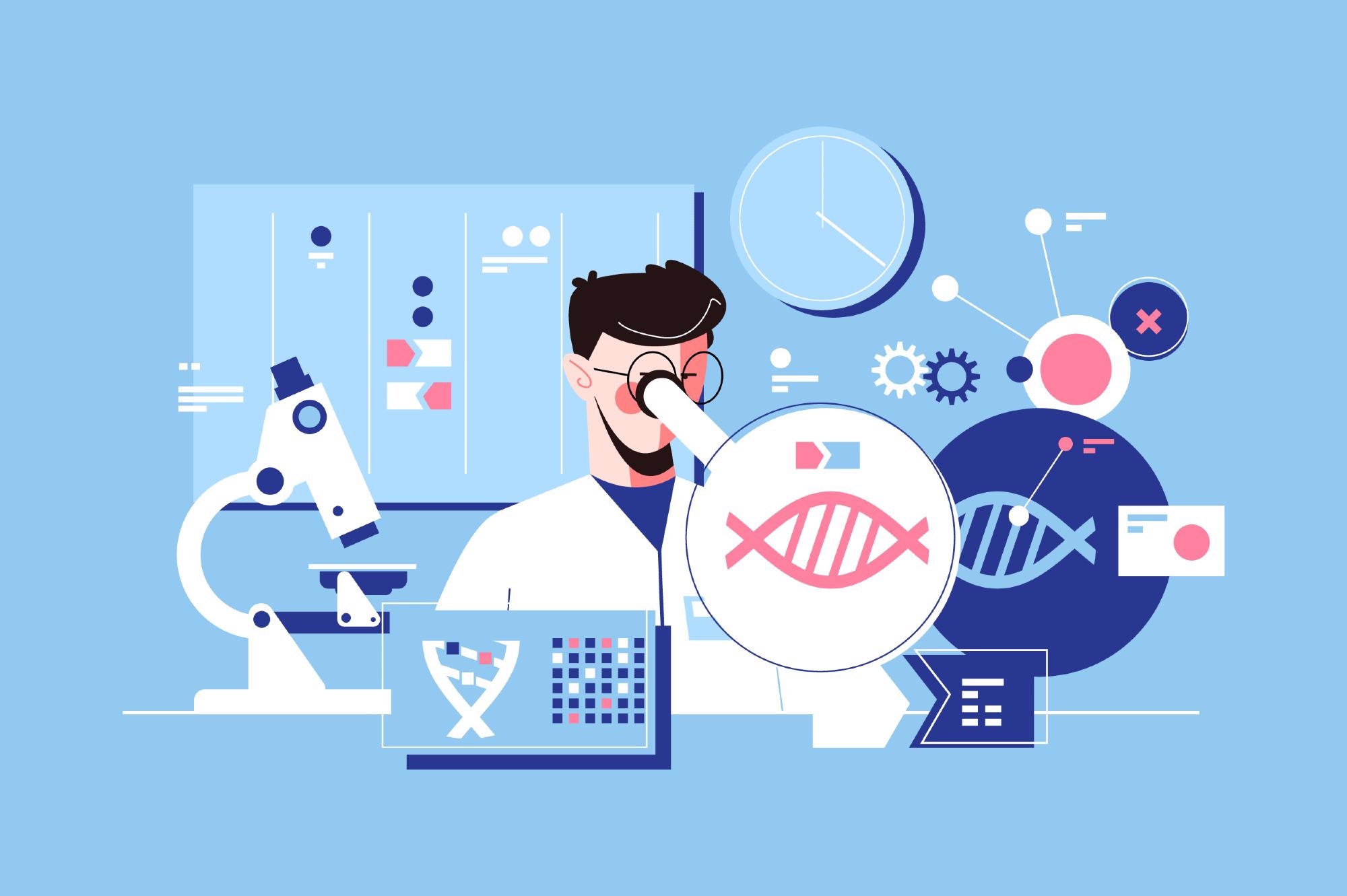Biotechnology and Genetic Engineering: Pioneering the Frontiers of Life Science
Introduction
In the realm of scientific exploration, few fields have captivated our imagination and driven profound advancements like biotechnology and genetic engineering. These disciplines lie at the heart of life science, offering the potential to revolutionize medicine, agriculture, environmental conservation, and more. In this blog, we will delve into the fascinating world of biotechnology and genetic engineering, exploring their definitions, applications, ethical considerations, and the promise they hold for shaping the future of humanity.
Understanding Biotechnology and Genetic Engineering
Biotechnology is the use of living organisms, biological systems, or their derivatives to develop new products and technologies for various applications. It encompasses a wide range of techniques that harness cellular and biomolecular processes to address real-world challenges.
Genetic Engineering, a subset of biotechnology, involves the manipulation of an organism's genes using recombinant DNA technology. By altering the genetic makeup of an organism, scientists can introduce new traits, modify existing ones, or produce desired proteins.
Applications of Biotechnology and Genetic Engineering
The potential of biotechnology and genetic engineering is vast, leading to remarkable applications in numerous fields:
1. Medicine and Healthcare: Biotechnology has revolutionized medicine, with advancements in gene therapy, personalized medicine, and the development of biopharmaceuticals. Genetic engineering plays a critical role in producing insulin for diabetes treatment, recombinant vaccines, and targeted cancer therapies.
2. Agriculture: Genetically engineered crops have increased crop yields, improved resistance to pests and diseases, and enhanced nutritional content. Biotechnology also enables the development of drought-resistant and climate-resilient crops to address food security challenges.
3. Environmental Conservation: Biotechnology contributes to environmental protection through bioremediation, where microorganisms are used to break down pollutants in soil and water. It also aids in conservation efforts, such as cloning endangered species to preserve biodiversity.
4. Industrial Applications: Biotechnology finds applications in producing biofuels, bioplastics, and bio-based chemicals, offering more sustainable alternatives to traditional industrial processes.
Ethical Considerations
While the potential of biotechnology and genetic engineering is immense, their applications raise ethical considerations:
Gene Editing and Germline Editing: The ability to modify human germline cells raises ethical questions regarding the potential for heritable genetic changes and unintended consequences.
Biodiversity and Environmental Impact: The release of genetically modified organisms into the environment may have unforeseen effects on ecosystems and biodiversity.
Inequality and Access: The benefits of biotechnology should be accessible to all, but issues of affordability and equitable distribution of technologies must be addressed.
The Future of Biotechnology and Genetic Engineering
As biotechnology and genetic engineering continue to advance, the future holds exciting possibilities:
Precision Medicine: Tailoring medical treatments to individual genetic profiles will revolutionize healthcare, leading to more effective and personalized therapies.
Synthetic Biology: The creation of novel organisms with customized functionalities holds promise for medicine, energy production, and environmental applications.
Gene Drives: Gene drives, which can rapidly spread genes throughout populations, show potential for eradicating disease vectors and invasive species.
Conclusion
Biotechnology and genetic engineering are at the forefront of scientific innovation, offering transformative solutions to global challenges. From revolutionizing medicine to creating sustainable agriculture, these disciplines are shaping the future of humanity and the planet. As we move forward, it is essential to navigate the ethical implications responsibly, ensuring that the benefits of biotechnology and genetic engineering are harnessed for the greater good. By striking a balance between scientific exploration and ethical considerations, we can embrace these revolutionary technologies while preserving the integrity of life and fostering a more sustainable and equitable future.

Comments
Post a Comment